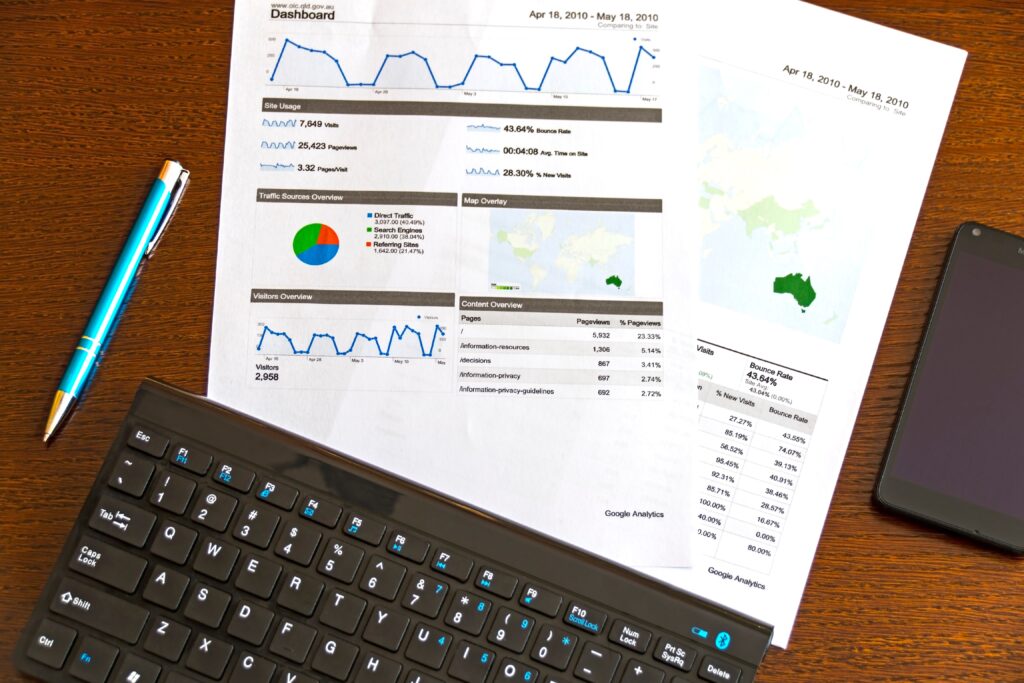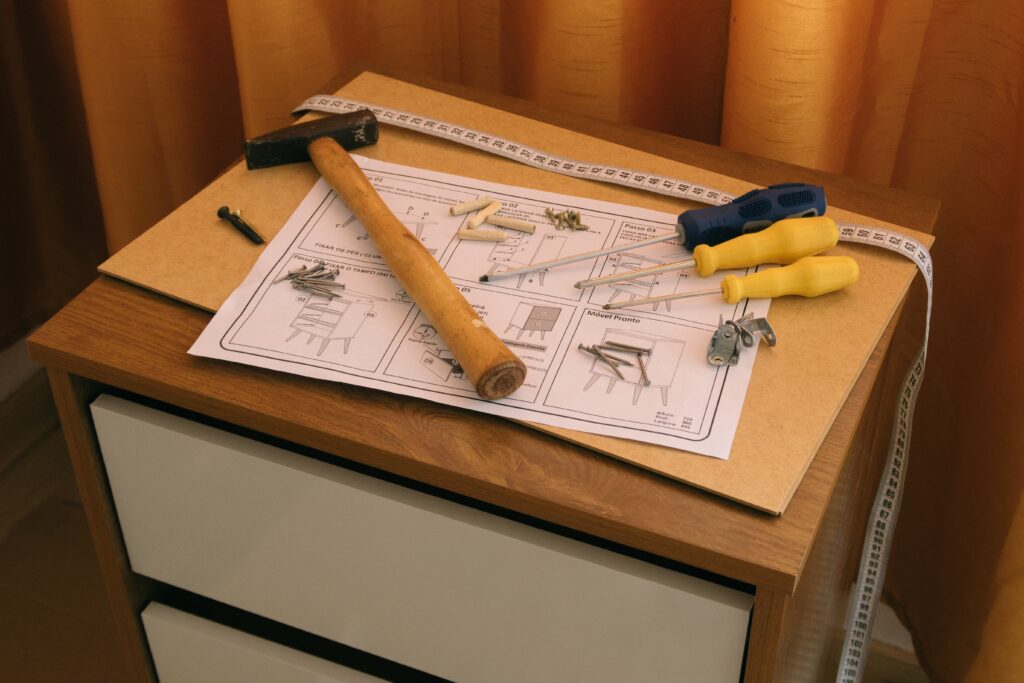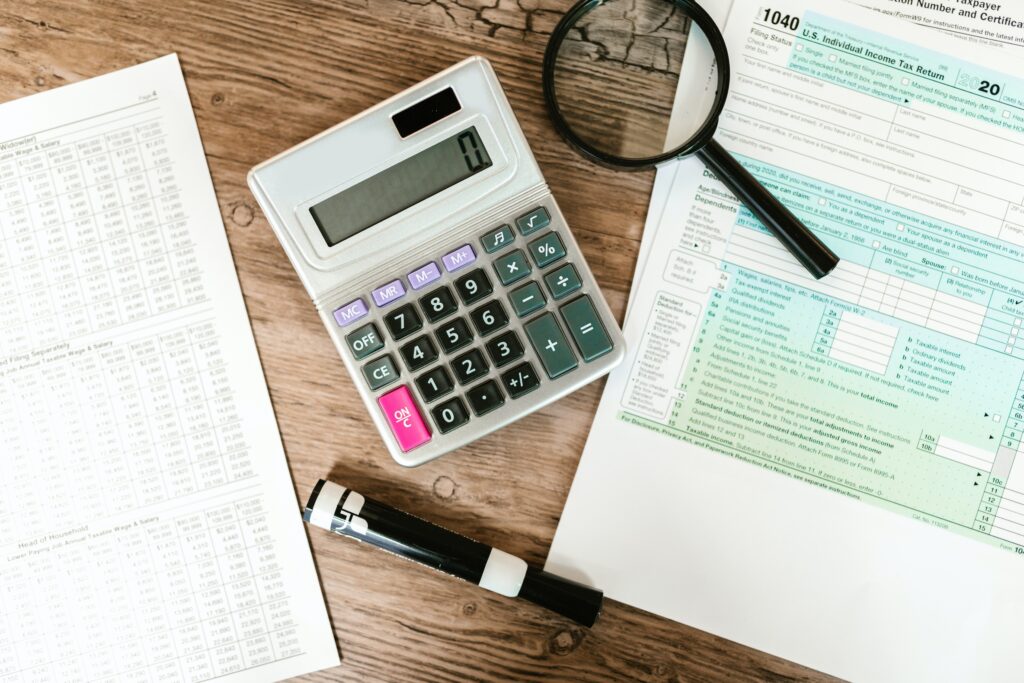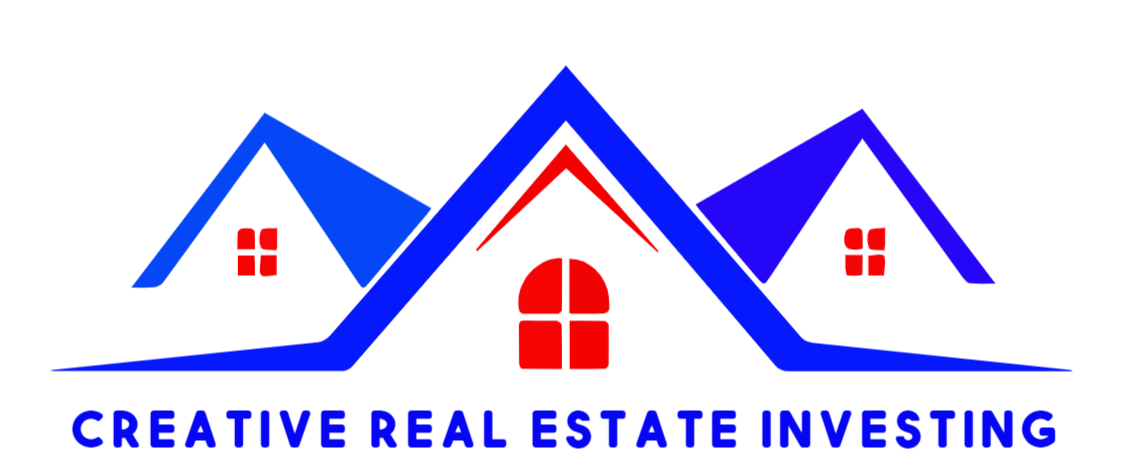Have you been thinking long and hard about becoming a homeowner? Are you tired of renting and accumulating rent receipts month after month with nothing to show for it? Are you concerned that you may not have enough in savings for a down payment or an acceptable credit score to qualify for a loan?
Well, The tide is turning in your favor. Having a large down payment and perfect credit is not required when you buy a home
using a lease with the option to purchase. At the beginning of the home-buying process, specialized knowledge is needed most, and the determination to put that knowledge to work.
I’m going to be discussing 8 tips to lease purchase your dream home that you should know as you begin to take the steps to purchase your dream home using the lease with the option to purchase strategy.
Things to Consider
When it comes time to look for a new home, there are many things to consider. One option that is growing in popularity is rent-to-own. This option can be a great choice for some people, depending on their unique circumstances. Here is an article that explains the ins and outs of rent-to-own agreements, and why they might be the right choice for you.
How a Rent-To-Own Works
In a rent-to-own agreement, the tenant agrees to rent the property for a certain amount of time, with the option to purchase it at the end of the lease. This can be a great option for people who aren’t quite ready to buy a home yet, but want to start building equity and get into a home before prices go up any further. It can also be helpful for people who have bad credit or who need time to save up for a down payment.
The homeowner will usually need to make an up-front down payment at the beginning of the lease, which will be a certain percentage of the purchased price of the house. If you’re ready to buy a home and are currently renting, or have been for some time, this is an excellent option for you. If you rent and want to buy, here are some of the steps you can take:
How does it work? If you’re ready to purchase a home, but don’t have enough for a down payment and closing costs, this is an option that can help you. You can rent a home for up to five years and then buy it from the owner. The seller may also allow for you to receive rent credits each month, that can go towards the purchase price of the house. These credits can build up as you pay your monthly rent on time. What can I expect?
You’ll be renting for a period of time, depending on the home you choose. You will have the option to purchase at the end of your lease. How much money will I save? If you can afford the monthly rent and make a down payment, you could save thousands of dollars.
CLICK HERE if you would like this article for future reference in a PDF format.
Tip 1: The Down Payment Requirement

CONSIDER WHAT YOU CAN AFFORD
A rent-to-own transaction requires less of a down payment than what banks require. Most sellers will require 3 to 5% of the purchase price of the home for the down payment. This amount should be ready and available when you find the right home and when the lease is signed.
Saving for a down payment can take time, but it’s worth it in the end. You can start by setting aside money each month and by looking for ways to reduce your expenses. With a rent-to-own, it’s not necessary, but if you’re able to save up 20% or more of the purchase price of the house, you may be able to get a lower interest rate on your mortgage and you may be able to avoid paying mortgage insurance.
Tip 2: Know Your Credit Score

GET A COPY OF YOUR CREDIT REPORT
Most sellers will usually require a credit score (FICO) of at least 575 or above. The higher this score the better. At some point in the lease term, it will be necessary for the tenant-buyer to apply for financing and take title to the home. A credit improvement program may be necessary to improve the credit score.
The first step to finding your dream home is to have a copy of your credit report. The best place to get your credit report is from the three major agencies. You can also get a free copy of your credit report from www.annualcreditreport.com.
Here are the three major credit reporting agencies: Equifax Credit Report www.equifax.com, Experian Credit Report www.experian.com, TransUnion Credit Report, www.transunion.com You can also get your credit report for free, but you must order it from the three major agencies
Tip 3: Maintenances and Repairs

CARE AND RESPONSIBILITIES
In most cases, the tenant-buyer will be required to take care of the maintenance and minor repairs. The seller will be responsible for the “systems” (heating and a/c, electrical, and major plumbing issues, etc.
Some systems will be covered by the seller, some will be covered by the tenant. There are many items that the tenant should check prior to closing that is not a part of the standard home inspection: How does the HVAC system operate? How often is it used?
Does it have a filter? Does the system have any leaks or water stains? How is the venting and heating set up? How often are you using the central air conditioning or heat pump systems? What is the condition of the current ductwork?
What are the air filters like and how often are they changed? Does your HVAC system have a humidifier or dehumidifier installed? Is it clean? Are there any leaks around the unit?
Here are some tips for the new tenant-buyer on home maintenance. Tips for New Homeowners: Home Maintenance You MUST Remember!
Tip 4: Report and Verify Income

PRODUCE SOURCES OF INCOME
The seller will require that you provide different Sources of income e.g., check stubs, bank statements, or w2 forms. Have other income ready if needed. Also, keep your “debt to income ratio” within acceptable limits. Pay off purchases early when you can and keep your “debt-to-income ratios” within acceptable limits
When buying a house, it is important to report and verify all income and debts. This includes W2 forms and child support payments, etc. Verifying debts can help ensure that the buyer is not taking on more debt than they can afford. By reporting and verifying income and debts, buyers can avoid costly mistakes when purchasing a home.
Tip 5: Benefits and Advantages

WHAT IS IN IT FOR YOU
Lease-purchase homes offer a number of benefits and advantages to buyers. Perhaps the biggest benefit is that it allows people who may not have the traditional 20% down payment to buy a home.
It also offers a way for people to get into a home sooner than they would if they were waiting for their home to sell.
Another advantage is that you can usually get into the home with a smaller up-front payment than if you are buying the home outright. This could be important for people who are looking to keep any extra cash to go towards their monthly payments or other expenses like closing costs.
Additionally, lease-purchase homes often come with some of the same warranties and protections that come with traditional home purchases. Sellers may offer a home warranty for the first year as an incentive to buy the home.
With a Rent To Own, the tenant/buyer can in effect, “try the house out” to see if it meets his expectations. He can also see if the neighborhood is to his liking. During this time, he can also work on his credit and “debt to income ratios”, if needed. He can live in the house without the obligation to purchase it.
Tip 6: Communicate The Process

EXPLAIN THE RENT-TO-OWN PROCESS
Explain to the seller that a Rent To Own involves a lease (renting agreement) with a purchase option. In this transaction, the seller agrees to sell, but the tenant/buyer doesn’t have to buy. The option gives him the choice of whether to buy or not.
Lease purchase agreements offer many benefits to both buyers and sellers. For buyers, lease purchase agreements offer the opportunity to buy a home without having to go through the hassle of a traditional mortgage. In addition, lease purchase agreements give buyers the chance to live in their dream home before they actually own it.
For sellers, lease purchase agreements offer a way to get top dollar for their home. Since there is no need for a realtor, the seller can keep all of the money from the sale. In addition, lease purchase agreements can help speed up the selling process since there is no need to wait for a buyer to be approved for a mortgage.
Tip 7: The Home Search

COMMIT TO MARKETING EFFORTS
Practice developing good phone skills. You will be talking to strangers. This could be intimidating. The seller will no doubt ask you some personal questions. You can roll play with family and friends and also record your calls. This will improve your phone skills.
When leasing-purchasing a home, always be respectful and polite to the home seller on the phone. Even if you’re not interested in their home, be sure to thank them for their time. Being nice will leave a good impression and may lead to future opportunities.
Another advantage of leasing-purchasing is that it allows you to take your time in finding the right home. You don’t have to worry about rushing into a purchase or making an offer that’s too low.
Tip 8: Keep Your Appointment

DON’T BE A “NO-SHOW”
Be sure to get directions to the house before the appointment. Calculate the time and distance it will take to arrive at the house. Don’t be late! If you see that you are running late, call the seller and let him know. A “no-show” will leave a “bad taste” in the seller’s mouth. It will also hurt your chances to give the seller a second impression.
When you go to see a house, ask for landmarks along the way. Being late or getting lost will only waste both of your time.
For more tips concerning marketing and follow-up with the seller, read my article, “How To Rent To Own Your dream Home”.
Conclusion
When considering whether or not to buy a rent-to-own home, there are a few key factors to keep in mind.
First, you’ll need to have a down payment saved up – typically between 3 and 5% of the home’s purchase price.
Second, your credit score should be in good shape – you’ll likely need a score of 575 or higher to be approved for a rent-to-own home.
Third, you’ll need to be able to afford the monthly rent and repairs/maintenance on the property.
Finally, it’s important to verify that your income is stable and will continue at least at its current level for the duration of the contract.
If you can meet all of those requirements, then buying a rent-to-own home can be an excellent option.
These 8 tenant/buyer secrets herein, are being discussed as a starting point to show you what is possible when you have the right information to begin the process of getting out of the rental cycle and finding your Dream Home.
Don’t let fear or indecision freeze you up. Remember, you don’t need to have all the answers upfront. You can take “imperfect action”. Just get started. As you do, things will begin to work themselves out. When you use the buying method of how to rent to own your dream home, your success is close at hand. I wish you much success!
CLICK HERE If you would like this article for future reference in a PDF format.
I’m real estate investor, self-improvement coach, author, and publisher, Don Mayer. I would love to connect further with you to help you achieve your goals. If you are interested in learning more about lease purchasing a home, please take a look at my entry-level rent-to-own guide, “The Ultimate Home-Finder’s Workbook”, and consider coming aboard and learning the steps to moving into a home of your own!
I

